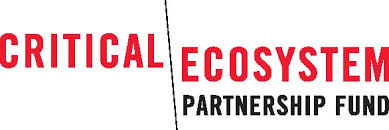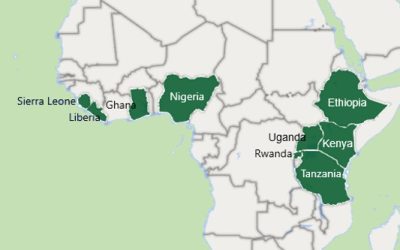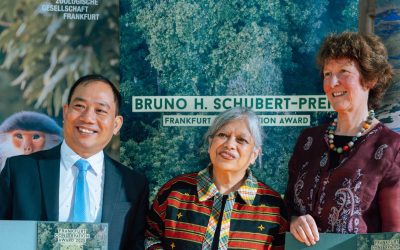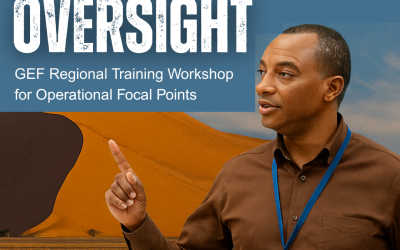Said Ahamada (below front left) from the Comoros Islands visited TBA’s Nairobi office recently. He took time off from his busy programme of restoring mangroves, reducing plastic pollution and running education programmes in the Comoros.
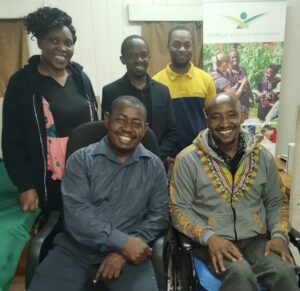
The excitement in his face showed as he shared news of a network called MACOMAUSEY that we launched in Madagascar in 2019 as a result of a capacity building programme the TBA ran there. Macomausey takes its name from the countries that belong to it: Madagascar, Comoros, Mauritius and Seychelles. Its members are all trainees of the TBA training programme that was funded by the Critical Ecosystem Partnership Fund and run in collaboration with Voakajy in Madagascar and Dahari in the Comoros. The network founders had learnt how to design conservation projects and create sustainable conservation impacts, and MACOMAUSEY is now helping them apply what they learnt.
Said told us that even three years on, the network is still growing: “nearly 30 conservation organizations; 10 in the Comoros, 4 in Mauritius, 10 in Madagascar and 3 in Seychelles” have joined the network, with several in Reunion Island registering their interest. He said the “passion to protect the environment, and have every citizen across the Indian Ocean region, ‘speak environment’ drives him and the network forward”.
Looking ahead, MACOMAUSEY is incubating great ideas, including a regional collaboration to “fight the growing menace of poor waste management”. They also plan to register the network officially so they can have more impact including engaging governments in the region more effectively.
The training activities the Tropical Biology Association ran in the Madagascar and Indian Ocean hotspot built the organizational capacity of 51 staff from 14 NGO’s. The MACOMAUSEY network is a clear indication that capacity building works – and needs time to see the impact.
The TBA is very pleased to have brought these CSOs together, and this would not have been possible without the support of the Critical Ecosystem Partnership Fund who funded the programme.
